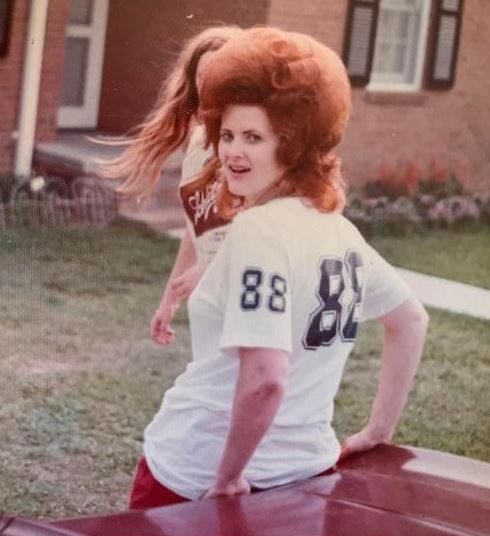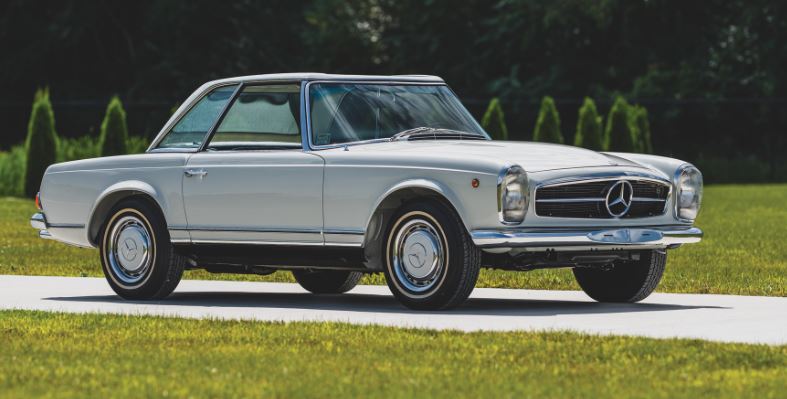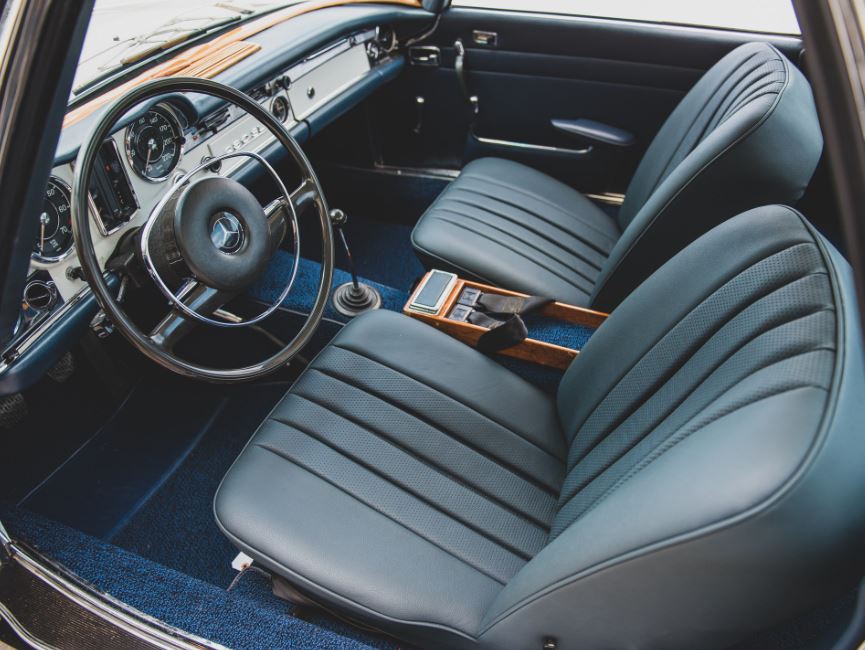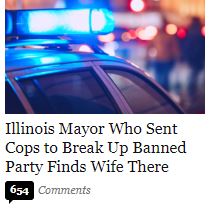
Your suggestions in Comments…


Your suggestions in Comments…
Very long; well worth the read. (Come on: you’re shut up indoors with fuck-all else to do; read the damn thing.)
If just about all the diseased are old-timers and/or people set with preexisting diseases, the entire response to the pandemic, by individual countries as well as by the global community, may very well be one huge overreaction.
…
According to the video of a Frenchman who claims to have lived 25 years in Hong Kong, one part of the world (and of China!) that is experiencing a low number of deaths in spite of all, or most of, its businesses remaining open. What is the secret? Every single person in the street is wearing a mask.
…
A nationwide scandal erupted in France a week or two ago when a Nice Matin journalist interviewed a woman on the town’s rocky beach. Christiane was tanning in a bikini, and declared that she wasn’t about to give up the sun rays. The next day, the written press picked up the story. They would quote her remarks, only to mention with disgust to what extent she was irresponsible, and selfish, and a shame to her community.
Truth to tell, Christiane may have come across as a bit snobbish and self-centered, but there was just one problem. Christiane was almost entirely alone on Nice’s long rocky beach near la Promenade des Anglais. The beach was virtually empty of people. There were perhaps 3 or 4 sunbathers or sunbathing couples in the background, perhaps 50 to 100 meters away, but otherwise it was deserted. (Indeed, the only time that Christiane was in potential danger or that she was a danger to others was when the Nice Matin journalist showed up!)
Makes sense to me. Instead of our local KrimPo (Kriminal-Polizei) arresting people for sunbathing on a deserted beach, or buying “non-essential” products to take home, why don’t they just arrest, detain or fine people for not wearing a mask in public?
Oh, but that would be too simple, you see; not enough incentive to bully and/or fine people or look into their shopping bags.
Fuck ’em. At some point, the history of this sad era will be written dispassionately, and the overarching conclusion is going to be that we overreacted, massively, our economy was shut down for no good reason, and governments needed to print trillions of non-existent dollars to “bail” people and businesses out of trouble — when all we needed was several hundred million cheap paper facemasks, and a temporary public order for everyone to wear the damn things outdoors.
Of course, it had to be a German:
While appearing on “The Morning Show,” Dr. Rissland was asked about whether or not drinking alcohol could kill any viruses a person may have ingested. “Yes, of course, that’s true,” Dr. Rissland responded. “And the higher the percentage of alcohol, the better it is. For example, if you are a whisky lover, then that certainly isn’t a bad idea,” he continued, while offering this bit of sage advice to pace yourself: “But of course you need to bear in mind that you can’t do that every 15 minutes, that is something else to consider.”
Speak for yourself, mein medisches freund. Actually, I think a half-mouthful of Scotch every quarter-hour is a little slow — to judge by the normal spirits-intake rate of several of my friends (Mr. Free Market, Doc Russia and Mrs. Sorenson, to name but three), and mine certainly doesn’t rank far behind.
I think the good doctor shouldn’t confine himself to just whisky / whiskey; he needs to publish a list of high-alcohol beverages, as a public service, of course.
Needless to say, the fuckheads at the WHO disagree strongly with his considered medical opinion. But I ask you, O My Readers: whose opinion would you rather trust: a conscientious, methodical German doctor, or the idiots who brought you too-late-breaking news of the Chinkvirus? I don’t think it requires that much thought, really.
The only question remains: Scotch, rum or brandy?
To all my Tribe Readers: have a safe and joyous Pesach, in whatever form you choose to have it in these troubled times.
And bedehr gesocht, once this insanity is over, we can meet next year in Jerusalem or (more likely) at Boomershoot.
While I stated in the Comments to the original post that New Wife only liked a few of the British sports cars available, my husband’s sense of responsibility wouldn’t allow it, simply because I’d soon get sick of phone calls telling me that the MG/Healey/Triumph had broken down again, and what was I going to do about it? Clearly, we would need a more reliable alternative, so the 1969 Mercedes-Benz 280 SL pretty much picks itself.

Like me, New Wife prefers a stick shift, so here we go:

While Mercedes has made many good-looking sports cars over the decades (the 1950s 300 Gullwing and 1960s 190 SL come to mind), I still think that the 230/250/280 SL pagoda-tops were the prettiest of them all, to this day, and it would be a perfect car for her.
Short takes on mistakes.

…shut the fuck up, Meathead. The only mentally unstable person in the room is YOU.

…and another loony heard from. Why do we even care what this batshit celebripussy thinks? And speaking of name-brand nobodies:

…you know, before she too went batshit on us, this one used to be quite a babe:

And speaking of ‘orrible cunts [\Bricktop]:

…such as your husband/brother? [redundancy alert] And:

…of course she did. Once a Commie, always a Commie. Now for some better news:

…trying hard to see a downside to this position; can’t. It’s such a Commiesymp organization anyway, might as well let the Chinks sponsor it completely so we can just ignore their bullshit in the future.

…and will she be punished as badly as the other partygoers? Don’t make me laugh (again).

…yikes. 200,000 pounds of unused airline meals… that’s all kinds of horrible. Now THIS is much better:
 and
and 
…doing what America does best. And not a Gummint bureaucrat in sight. Oh, and why do I not see any Muslim charities doing something similar? [\rhetorical question]

…as long as when the next wildfire hits, the 9th Circuit judges are forced to pay for the damages out of their own pockets before any Fed dollars get sent.
And a late addition:

…except that all the Taiwanese stuff worked.